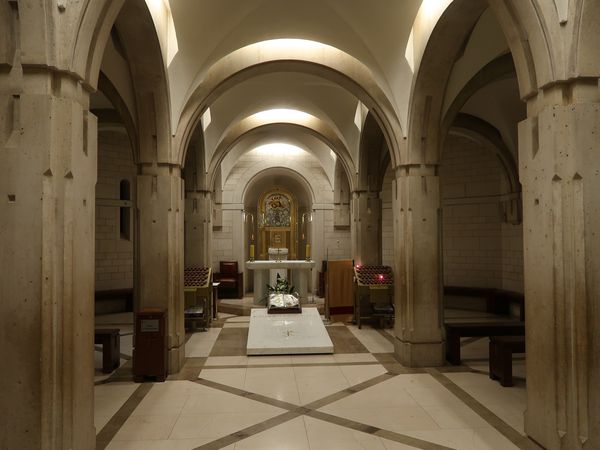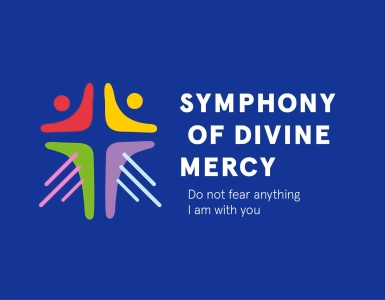His private chapel was the place of the special meeting with God. Bishop Karol Wojtyła stayed in the chapel as long as it was possible. Every morning, if he was at home, he remained in the chapel until eleven o’clock. Over there, he spoke with God, listened to what the Lord tells him. Sometimes, nuns were peeking into the chapel and they were seeing him in prostate deep in prayer. He also used to work there when he was preparing texts of documents, for example related to the Cracow Synod or pastoral letters. Interesting was the way in which he was marking each individual page. In place of the digits he entered verses of prayers, which shows that the work was also the time of a fervent prayer. He put great importance to confession. For him, it was not only a confession of sins, but above all, it was the experience of reconciliation and forgiveness of sins by God, and thus a grace that was giving strength to the pursuit of a fair, righteous life. He, himself was going to confession once a week and also before any major celebrations and important liturgical periods. Even as a Bishop, he was standing along other penitents in the line to the confessor in the Franciscan Church. Prayer and confession were the spiritual basis upon which Father Karol, as vicar of the St. Florian parish, relied in his pastoral work with students. That approach, in those days, was a pioneer endeavor. At the same time, in the middle of the 1950s, during the period of communism, he maintained contacts with students and professors convinced that the future of Poland depends on the education and formation that is ongoing at the universities.
Cardinal Stanisław Dziwisz – “Testimony”
TBA Publisher, Warszawa 2007





